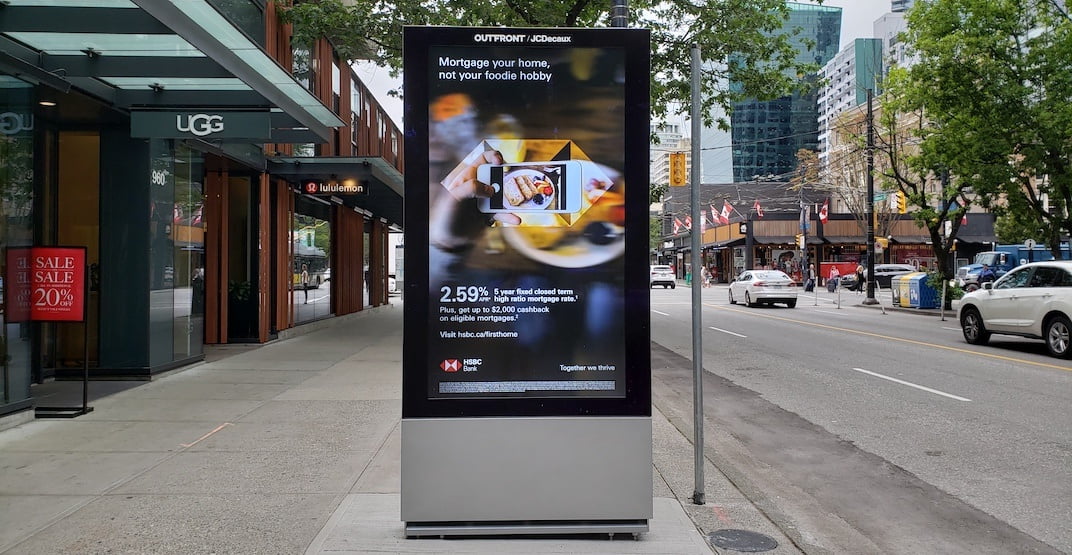⏱️ Read Time: 4 minutes
For over a decade, smartphones have been silently reshaping how we navigate public life. From cafes to buses, sidewalks to waiting rooms, heads down and screens lit has become the new normal. But in 2025, a quiet cultural shift is gaining momentum — one where people are starting to push back against the presence of smartphones in shared spaces. This isn't just nostalgia for a pre-digital age; it's a response to the growing sense that constant connectivity is eroding real-world connection.
The Rise of 'Phone-Free' Zones
Cities across Europe and North America are experimenting with "phone-free" spaces. Certain parks, restaurants, and even public transit lines are now encouraging — or in rare cases mandating — device-free zones. In Paris, a pilot program introduced benches and cafes with signal blockers, aiming to encourage conversation and mindfulness. In Berlin, an entire district is considering limiting phone use in public libraries, green areas, and even sidewalks after reports of frequent accidents caused by "distracted walking."
Gen Z Is Leading the Rebellion
Surprisingly, it's not just older generations fueling this pushback — it's young people. On TikTok and Reddit, new micro-trends like "Luddite clubs," "analog weekends," and "real-life only Sundays" are emerging. These movements challenge participants to ditch their phones for a few hours or days each week. What started as an ironic rebellion has morphed into a serious lifestyle statement. As one viral TikTok put it: "I got rid of Instagram for 30 days and remembered how to make eye contact."
Social Pressure in Reverse
For years, social norms rewarded those always online. Not responding to messages quickly was seen as rude. Now, the tide is turning. At some workplaces and schools, it's becoming increasingly acceptable — even admirable — to leave your phone in a drawer or put it on airplane mode during breaks. People are no longer judged for taking longer to respond. Instead, there's a subtle pride in being more present. The culture of "always on" is finally starting to crack.
Mental Health and Sensory Overload
Much of the shift is driven by health. Rising rates of anxiety, burnout, and attention fatigue — especially among teens and young adults — have been linked to excessive screen time. Public health researchers warn that constant digital noise in public environments disrupts emotional regulation, reduces awareness, and prevents social bonding. In response, therapists and wellness experts now encourage "digital hygiene" in the same way we talk about diet or sleep.
Conclusion
The movement against smartphones in public spaces isn't about tech hatred — it's about balance. In an era where everything is connected, people are searching for moments of disconnection to reclaim attention, presence, and real human interaction. If cities, brands, and individuals listen, we might just rediscover the value of simply being where we are.



